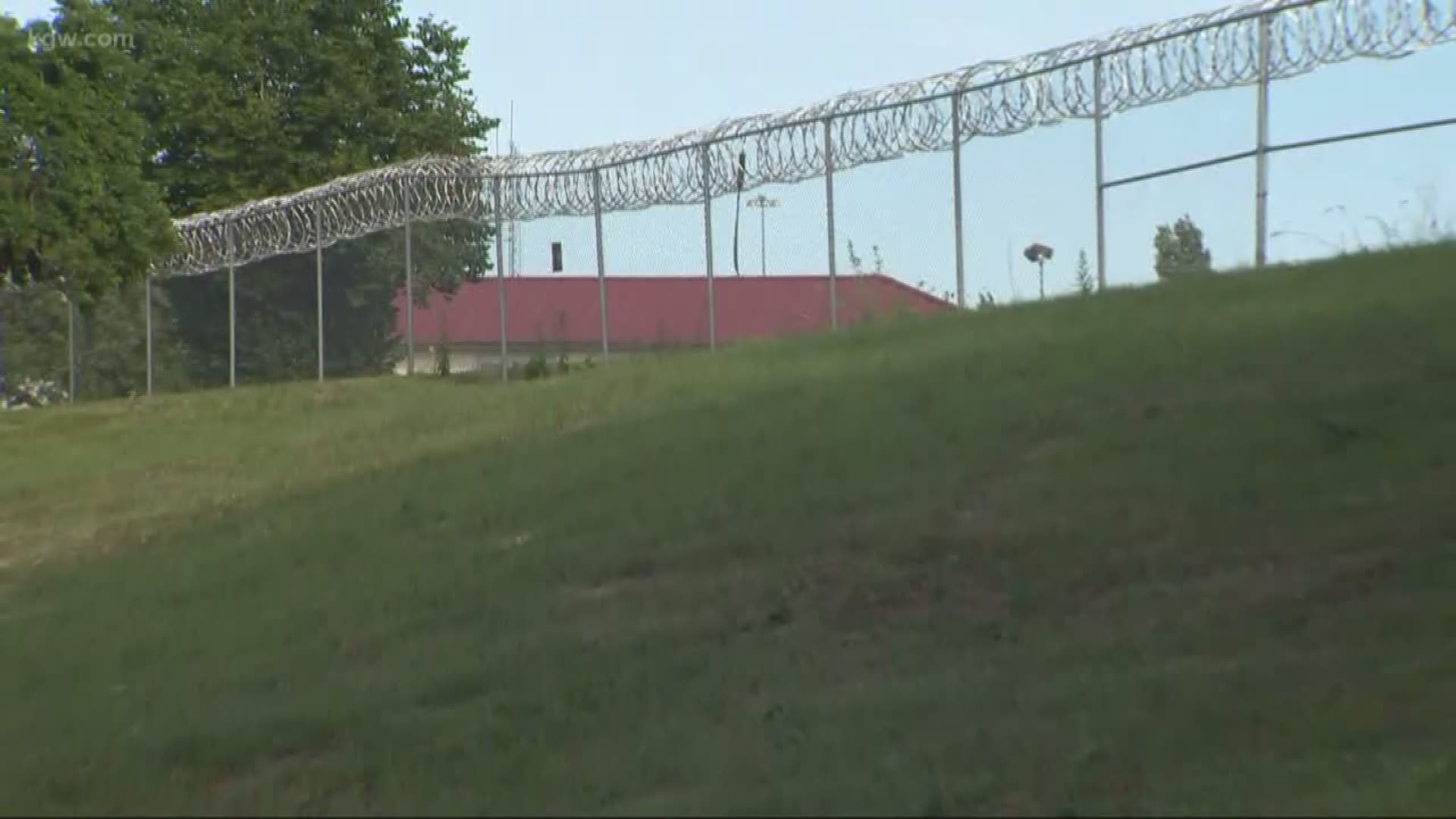SHERIDAN, Ore. -- The Sikhs drove from Newberg. The reverend from the United Church of Christ traveled from Ashland. The Lutheran minister came from Portland; the Presbyterian pastor, from Southwest Washington.
On Thursday afternoon, all six were, once again, turned away in Sheridan.
“At this point I'm personally just wondering, what are they hiding inside?” Pawneet Sethi, a representative for the Sikh community, asked.
Sethi and that handful of faith leaders stood on the side of Southwest Ballston Road, just north of Sheridan’s Federal Correctional Institution, and prayed together.
They’re part of a growing network of Oregon and Washington clergy who claim the Bureau of Prisons and Immigration and Customs Enforcement are denying 123 men detained by ICE access to religious counseling.
“This is a human rights concern,” said Reverend Chris Murphy of the First Presbyterian Church. “Part of being human beings is spirituality.”
Reverend Murphy and others on Thursday said a representative from the larger group had called the Sheridan facility, the Federal Bureau of Prisons, and Immigration and Customs Enforcement every day that week, asking to be admitted into the facility.
He said no one had got a response or any direction.
ICE spokesperson Carissa Cutrell said Wednesday, via email:
“Bureau of Prisons (BOP) facilities are governed by BOP standards, and the inmate handbook applies to ICE detainees current housed at these facilities. ICE is working with BOP to permit additional phone calls, visitation and access to legal representatives for ICE detainees at these facilities.”
KGW reached out to the Bureau of Prisons multiple times on Thursday about how religious leaders could get access to the detainees and when they, or any other groups, might be able to visit.
The BOP sent one email in response to an inquiry about access for the press.
It stated, "We can not accommodate your request at this time; however, we may reconsider your request in a few weeks."
On Thursday, one day after President Trump ordered an end to his administration’s policy of separating families at the border, clergy members had hoped restrictions at federal detention facilities, like the one in Sheridan, might loosen or become clearer.
They didn’t.
“We said ‘Well, what is the process? What's the procedure?’” Reverend Paula Sohl of the United Church of Christ said after Thursday’s failed attempt. “And those particular fellows at the gate had no idea.”
“If i was living in Nigeria, it would be a different thing because everything would be unexpected,” added Sethi. “But living in the land of the law, the best country in the world, I don't think any of our fellow citizens expect this kind of behavior.”

